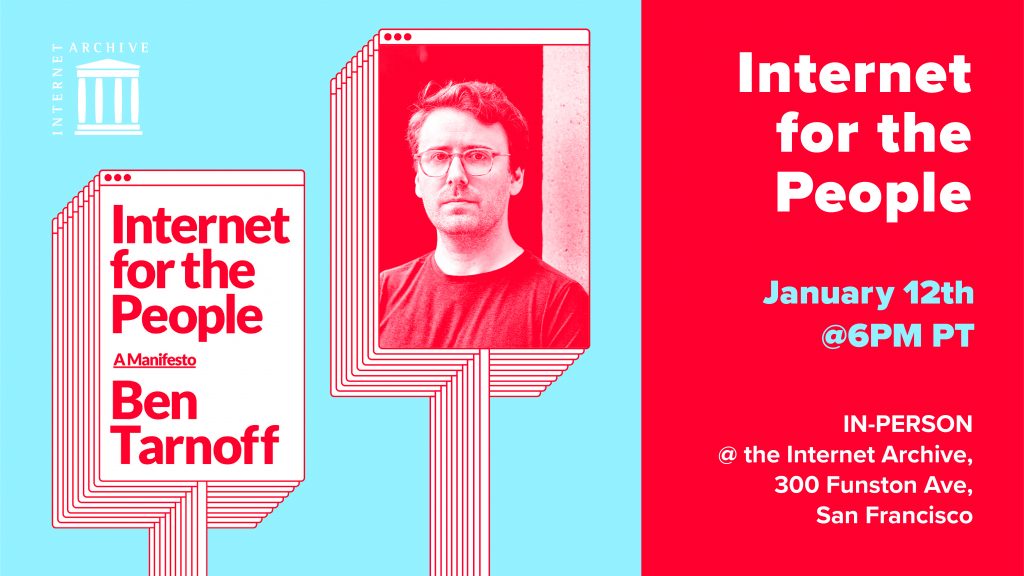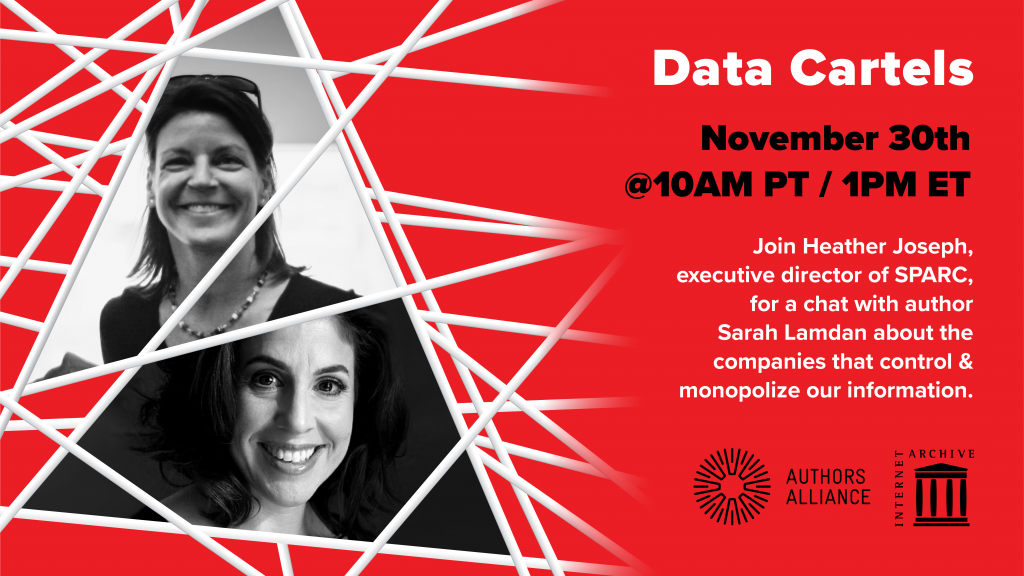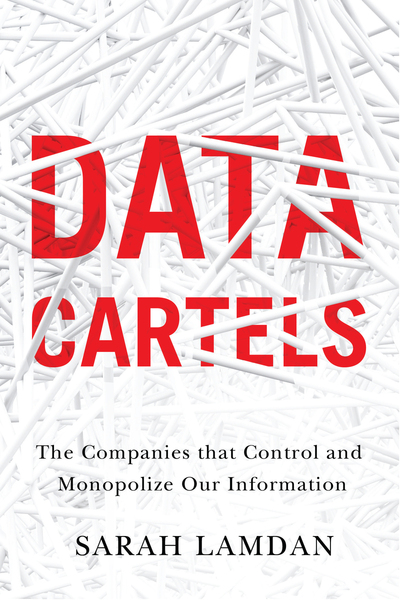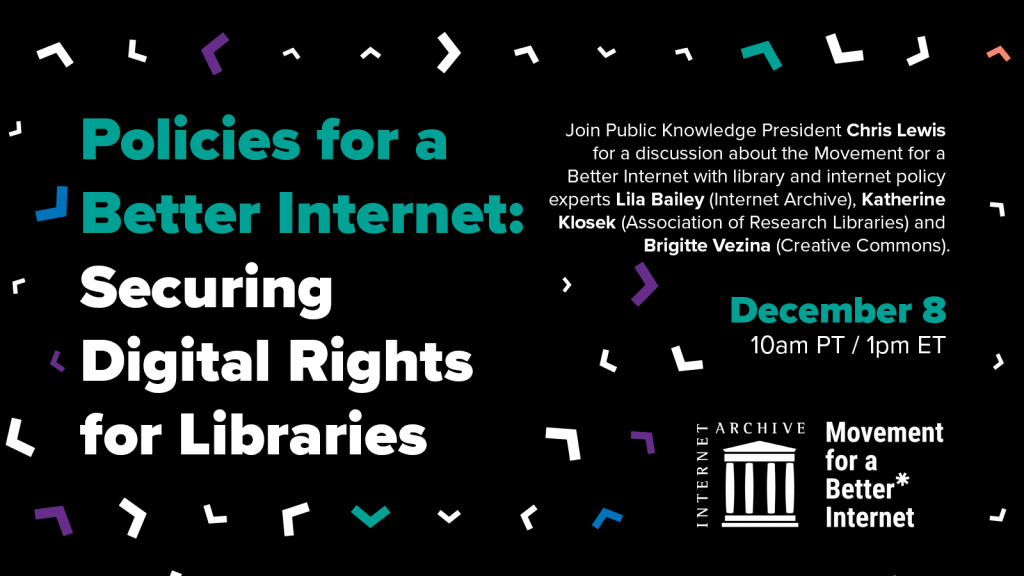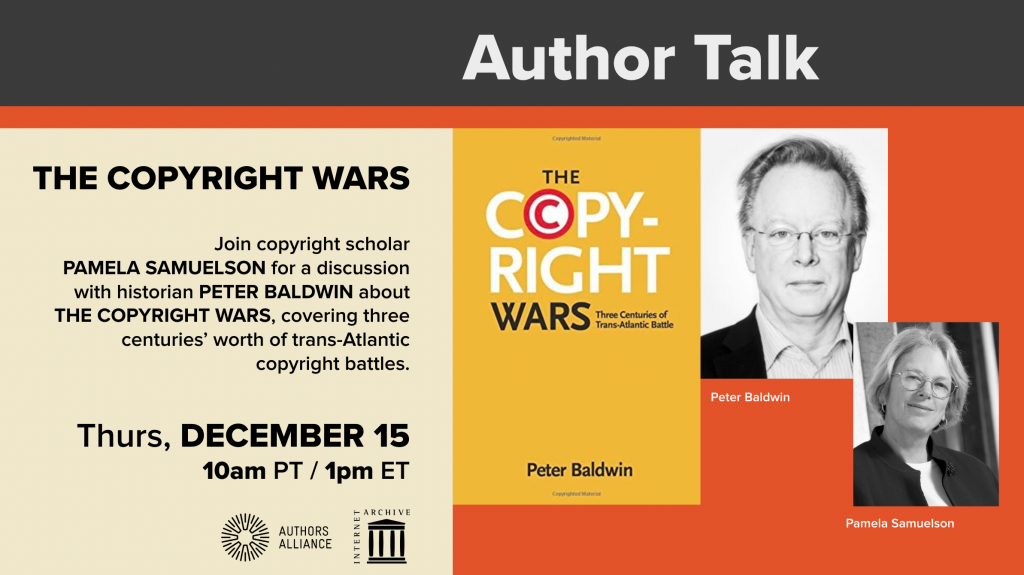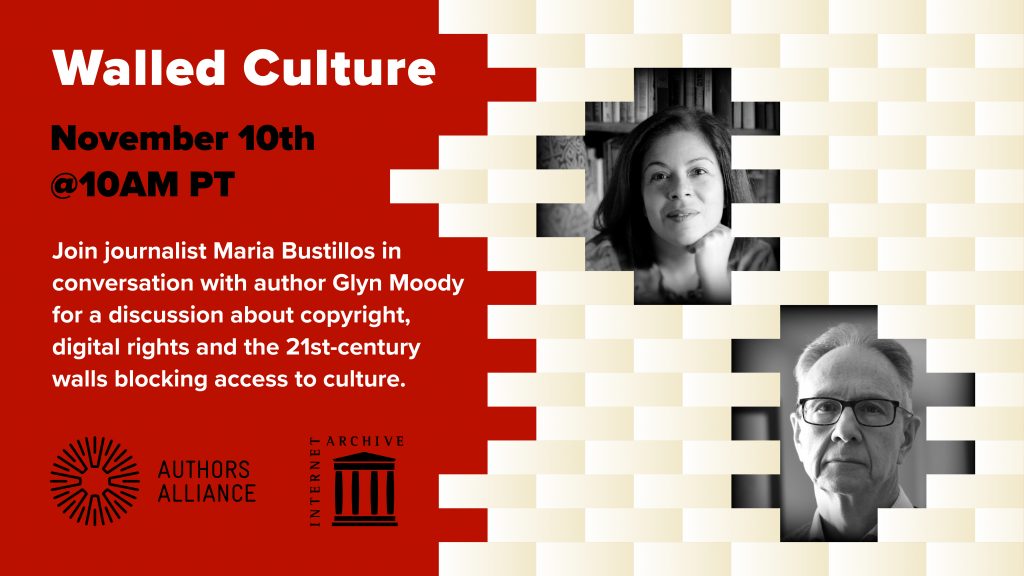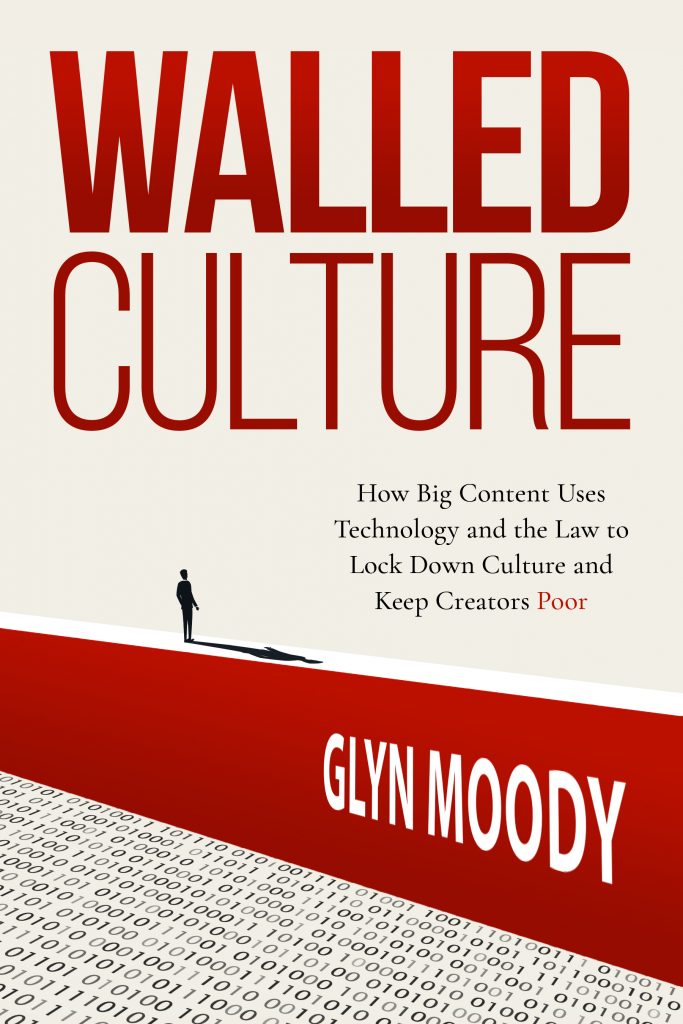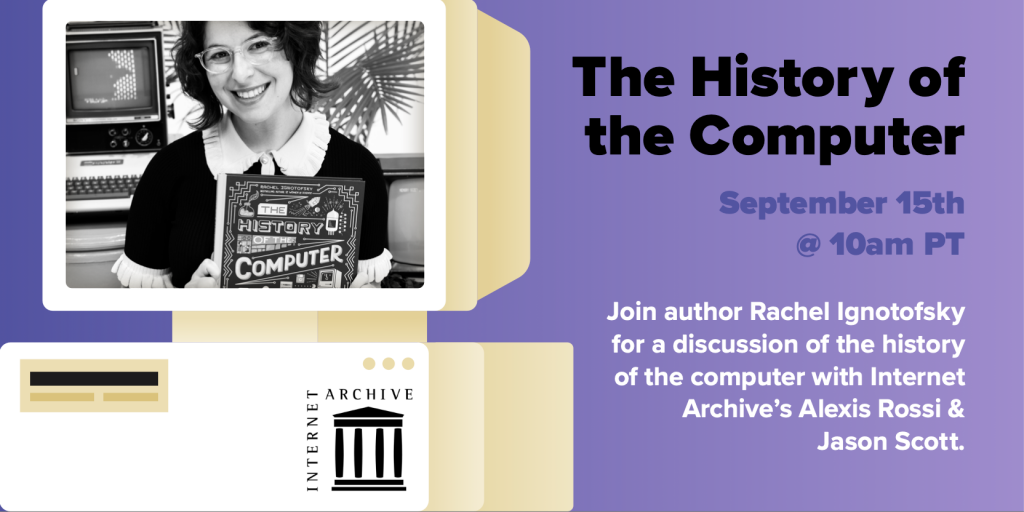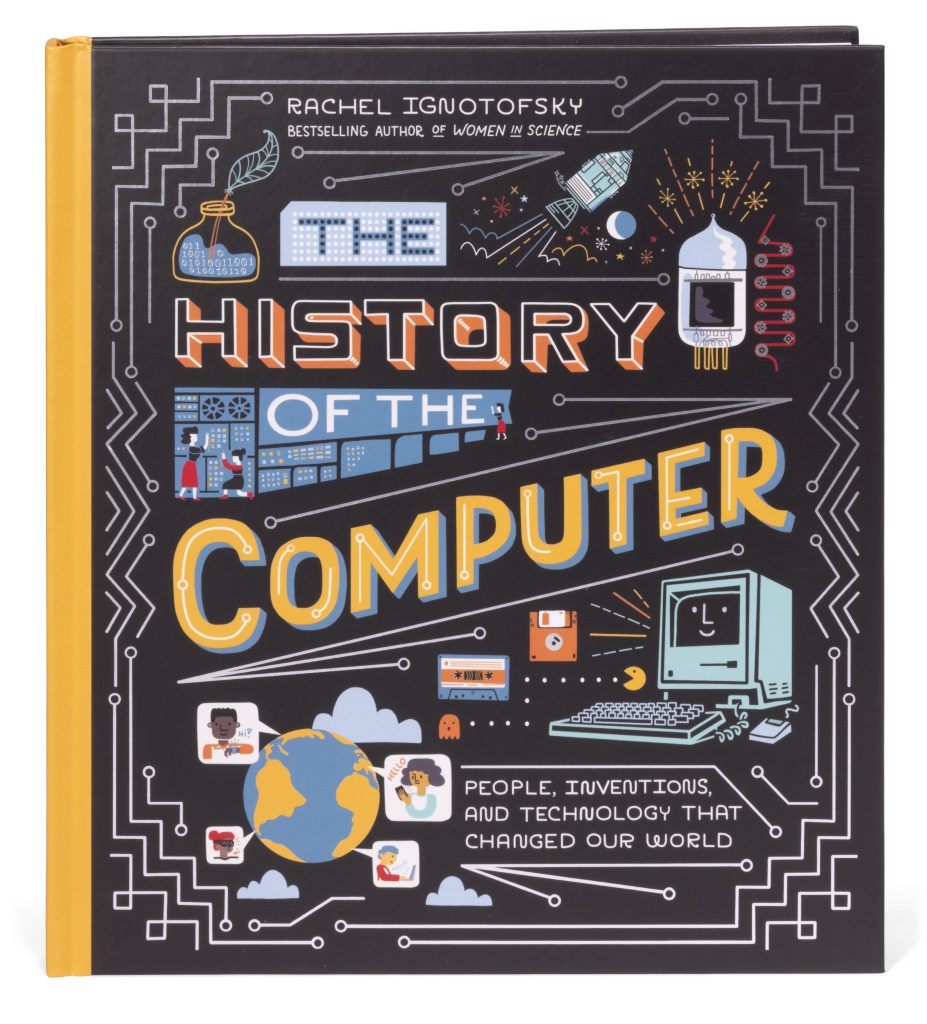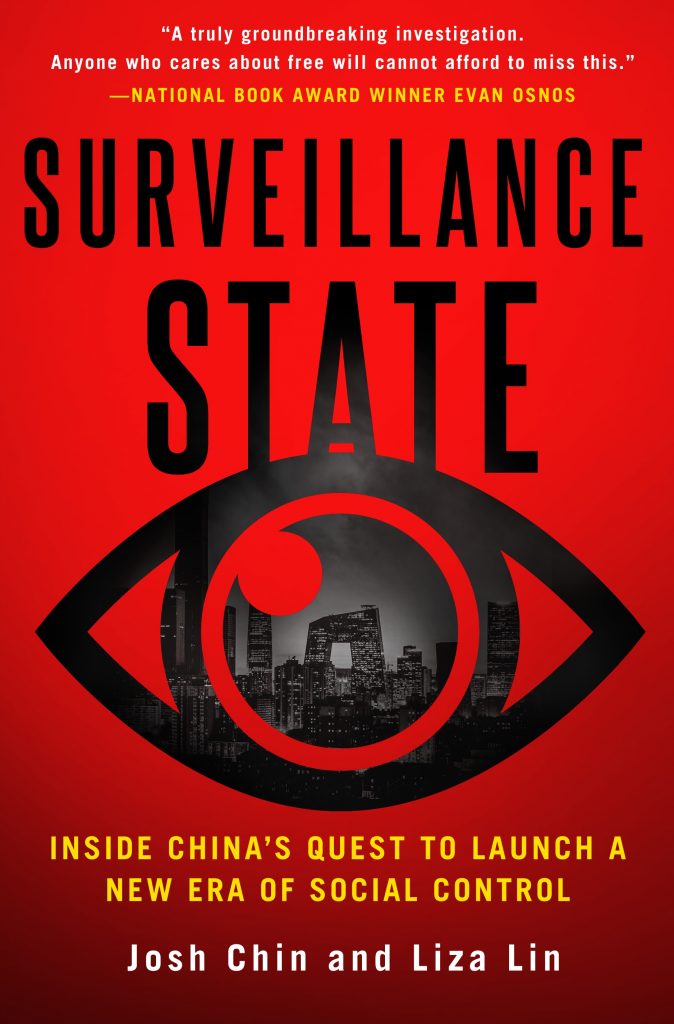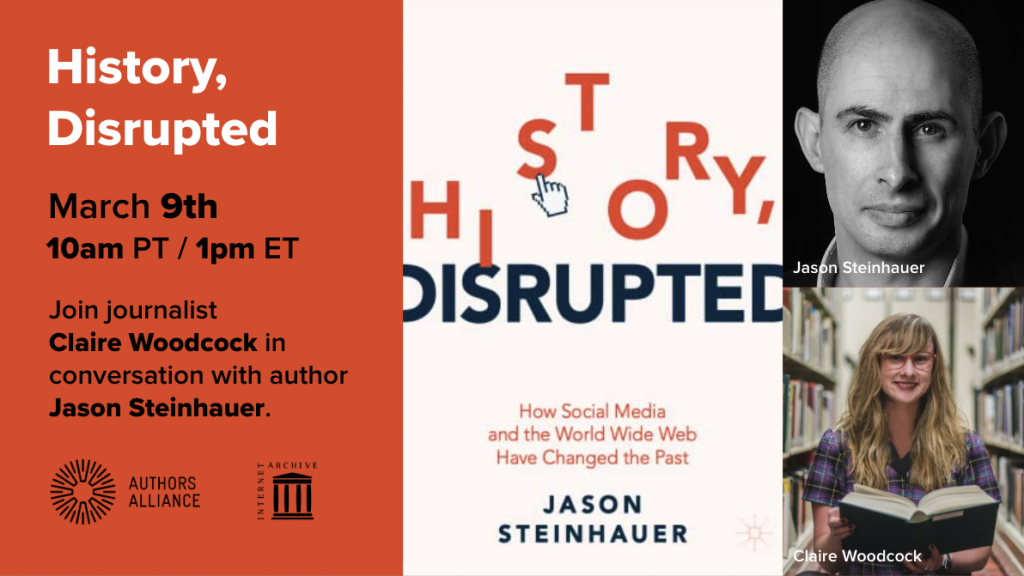
Join journalist CLAIRE WOODCOCK and author JASON STEINHAUER for a free, virtual discussion about how social media & the web have changed the past.
REGISTER NOW
The Internet has changed the past. Social media, Wikipedia, mobile networks, and the viral and visual nature of the Web have filled the public sphere with historical information and misinformation, changing what we know about our history. This is the first book to chronicle how and why it matters.
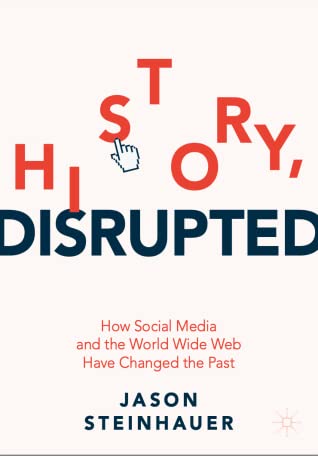
From Facebook, Twitter and Instagram to artificial intelligence, machine learning and algorithms, history has been widely communicated and fiercely contested across the social Web as battles over the 1619 Project, the Trump presidency, Confederate monuments and history textbooks have exploded into public view. How does history intersect with today’s most pressing debates? How does history contribute to online debates about misinformation, disinformation, journalism, tribalism, activism, democracy, politics and identity?
In the midst of growing political division around the world, this information is critical to an engaged citizenry. As we collectively grapple with the effects of technology and its capacity to destabilize our societies, scholars, educators and the general public should be aware of how the Web and social media shape what we know about ourselves – and crucially, about our past.
REGISTER NOW
JASON STEINHAUER is a Global Fellow at the Wilson Center in the USA. He is the founder and host of History Club on Clubhouse with more than 100,000 followers, and was the Founding Director of the Lepage Center for History in the Public Interest at Villanova University, USA, from 2017 – 2020. A public historian with over twenty years of experience in major cultural and historical institutions in the US, Steinhauer is the Founder of the History Communication Institute and the creator of the field of History Communication, which examines how history gets communicated on the World Wide Web. He has written for CNN, TIME, The Washington Post, Poynter, Inside Higher Ed, the Philadelphia Inquirer and the Foreign Policy Research Institute (where he is a Senior Fellow). He has also delivered lectures overseas on behalf of the US Department of State, created a history podcast for the John W. Kluge Center at the Library of Congress, and appeared on C-SPAN’s American History TV.
CLAIRE WOODCOCK is an independent journalist based in Colorado. Her work has appeared in Motherboard Vice, NPR, Literary Hub, Aspen Public Radio, Boulder Weekly and many other publications. Her current work focuses on the politics of information in libraries. Woodcock graduated with a B.A. in English Literature from the University of New York at Fredonia in 2015 and is currently an M.A. candidate in the Media & Public Engagement program at CU Boulder. Woodcock is also a Digital Ownership Fellow with NYU Law’s Engelberg Center on Innovation Policy and Law, researching the digital book marketplace.
BOOK TALK: History, Disrupted
March 9 @ 10am PT / 1pm ET
Register now for the free virtual discussion
